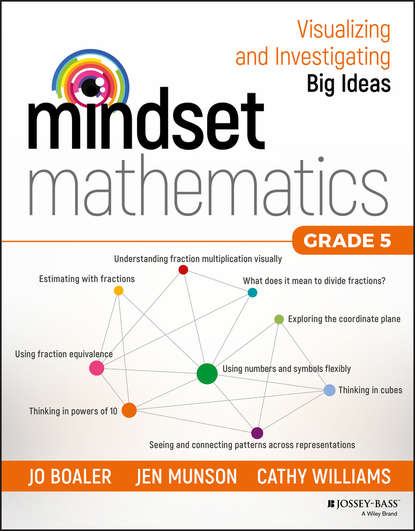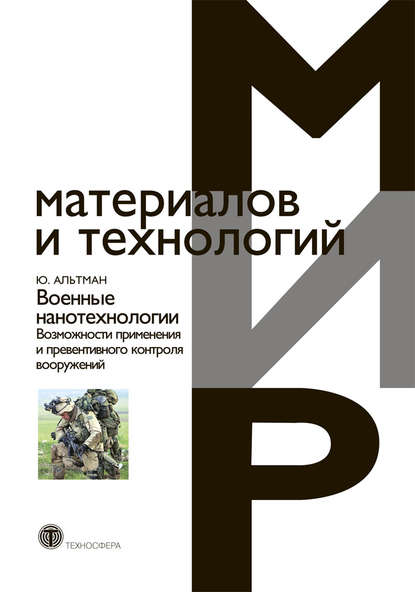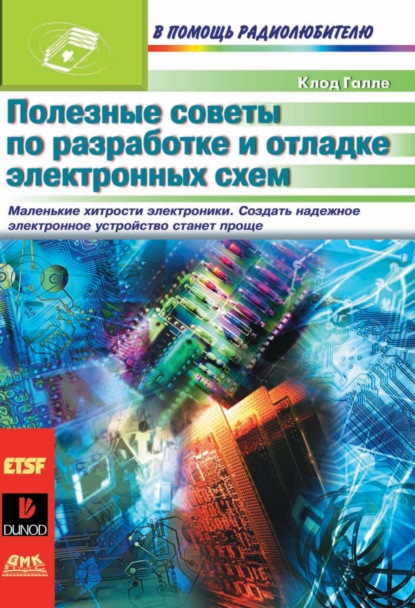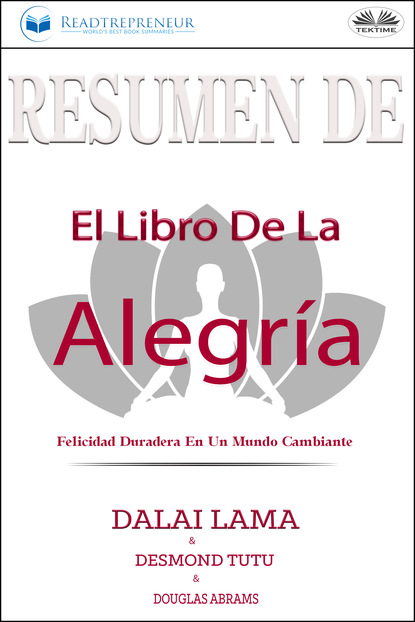Книга "Mindset Mathematics: Visualizing and Investigating Big Ideas, Grade 5" - это сборник заданий, предназначенных для развития математического мышления у учеников пятого класса. Авторы книги, Джо Боалер, Джен Мансон и Кэти Уильямс, разработали этот сборник на основе последних научных исследований в области обучения и развития мозга. В книге представлены задания, которые помогут ученикам визуализировать математические концепции, играть с ними и исследовать их связи. Книга основана на принципе активного участия учеников в обучении и помогает развить гибкое мышление и уверенность в своих математических способностях. Книга организована вокруг девяти основных идей, которые подчеркивают связи внутри стандартов Common Core State Standards (CCSS) и могут использоваться с любой текущей программой. Задания в книге помогут ученикам не только улучшить свои результаты в математике, но и изменить свое отношение к этому предмету и начать верить в свой потенциал. Книга рекомендуется для учителей и родителей, которые хотят помочь детям развить математическое мышление и уверенность в своих способностях.
Помогите учащимся постигать математику с использованием методик развития благоприятного отношения к себе.
Книга поможет вам легче преподавать математику ученикам пятых классов.
Электронная Книга «Mindset Mathematics: Visualizing and Investigating Big Ideas, Grade 5» написана автором Кэтти Уильямс в году.
Минимальный возраст читателя: 0
Язык: Английский
ISBN: 9781119358787
Описание книги от Кэтти Уильямс
Engage students in mathematics using growth mindset techniques The most challenging parts of teaching mathematics are engaging students and helping them understand the connections between mathematics concepts. In this volume, you'll find a collection of low floor, high ceiling tasks that will help you do just that, by looking at the big ideas at the fifth-grade level through visualization, play, and investigation. During their work with tens of thousands of teachers, authors Jo Boaler, Jen Munson, and Cathy Williams heard the same message—that they want to incorporate more brain science into their math instruction, but they need guidance in the techniques that work best to get across the concepts they needed to teach. So the authors designed Mindset Mathematics around the principle of active student engagement, with tasks that reflect the latest brain science on learning. Open, creative, and visual mathematics tasks have been shown to improve student test scores, and more importantly change their relationship with mathematics and start believing in their own potential. The tasks in Mindset Mathematics reflect the lessons from brain science that: There is no such thing as a math person – anyone can learn mathematics to high levels. Mistakes, struggle and challenge are the most important times for brain growth. Speed is unimportant in mathematics. Mathematics is a visual and beautiful subject, and our brains want to think visually about mathematics. With engaging questions, open-ended tasks, and four-color visuals that will help kids get excited about mathematics, Mindset Mathematics is organized around nine big ideas which emphasize the connections within the Common Core State Standards (CCSS) and can be used with any current curriculum.



















